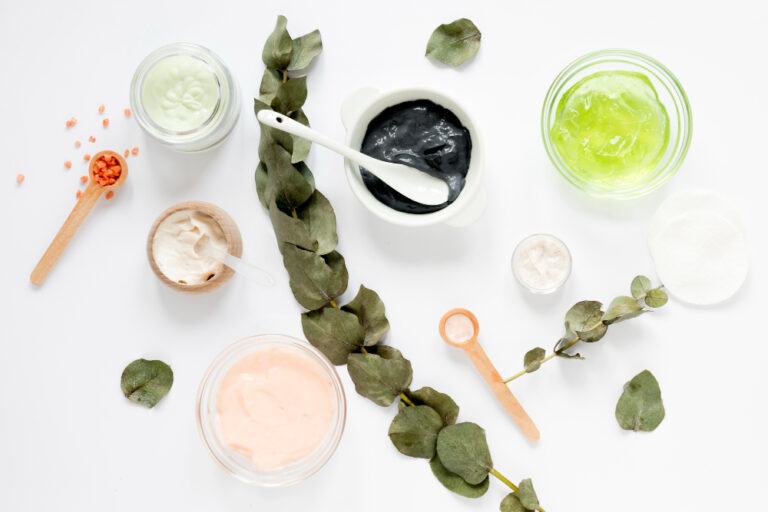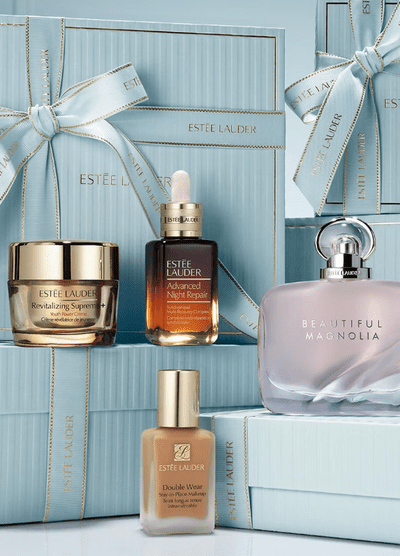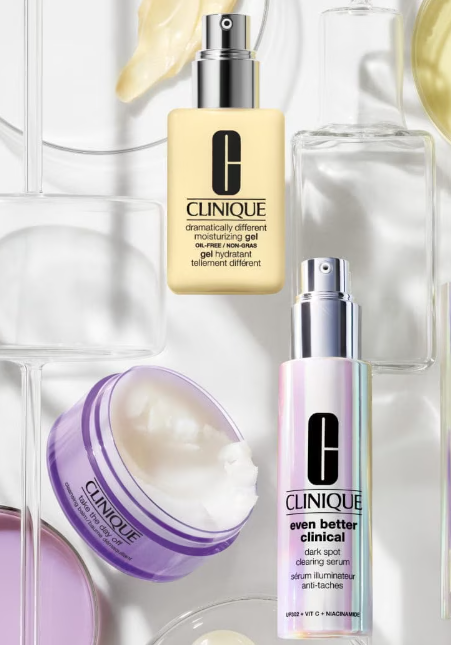The world of skincare is unfortunately a very difficult one to navigate so many misconceptions and myths stand in the way of healthy, glowing skin. So it is very important to distinguish the difference between what works and exactly does not work so that you can have a pleasant routine of skincare. In this article, we will take a deeper look at the six most widespread myths about skincare and give you all the information needed to be able to make rational choices when setting up your daily routine.
Myth: On Cloudy Days, You Don’t Need Sunscreen

When it’s cloudy, many people believe they don’t need sunscreen. UV rays can in any case get past the skin, regardless of whether it’s overcast (up to 80% of UV can’t be blocked by clouds). An excessive amount of sun can hurt your skin, making you age quicker and expanding the gamble of skin disease. It’s still important to utilize sunscreen each day even if it’s cloudy. UV rays are strong and can go through mists, so protecting your skin is essential.
Your skin will continue to look and feel perfect if you apply sunscreen each day and ensure it has a minimum SPF of 30.Include applying sunscreen into your daily routine. Choose a sunscreen that protects you from both types of ultraviolet (UV) rays and apply it every morning before going outside. Put it on again when required, particularly on the off chance that you’re outside for quite a while.
Myth: You Should Use a Toner to Tighten Pores
The idea that toners can make your pores smaller or tighter is a common skincare myth. Toners can assist with keeping your skin balanced and clean, however they don’t change the size of your pores. The size of pores is determined by genes, aging, and other factors, and creams and lotions cannot change their size. Toners do not shrink pores, but they can help improve the texture of the skin and prevent them from becoming blocked.
Toners that have ingredients like witch hazel or salicylic acid can help control an excessive amount of oil on your skin and make pores look more modest by keeping them clean. Select a toner that is right for your skin type and issues. To keep your skin clear and balanced, look for ones that help with oiliness or acne.
Myth: High-Priced Skincare Items Consistently Work Better

Many individuals wrongly accept that more costly skincare items are in every case better. Even though something is more expensive, that doesn’t mean it works better. Numerous great skincare items differ in cost. The ingredients of the best products, not their price, are what make them effective. Products that cost more are not always better. Look for products whose components address your skin’s issues.
At times, less expensive choices can give comparative or shockingly better outcomes than the more costly ones. Instead of just looking at the price, explore the products and the ingredients they contain. Because they are beneficial to your skin, look for essential components like retinoids, hyaluronic acid, and antioxidants.
Myth: You Only Need to Moisturize if Your Skin Feels Dry
Many individuals accept that most individuals with dry skin need to utilize moisturizer. Moisture is necessary for all skin types. Moisturizers assist the skin hold on to water and stop it from drying out, keeping it healthy. By maintaining a healthy balance of moisture in the skin, they can also help control oil and reduce acne.
Regardless of whether you have skin inflammation or sleek skin, saturating is vital. It aids in the prevention of other skin issues, such as oiliness or dryness. Pick a decent cream for your skin type. If you have sleek or skin break-out inclined skin, pick light items that won’t obstruct your pores. Choose thicker creams that provide a lot of moisture if you have dry skin. It’s important to moisturize frequently to keep your skin healthy and balanced.
Myth: Natural Products For Skincare Always Safe and Effective

Natural skincare products are not always safer or more effective, contrary to popular belief. Natural ingredients can be beneficial, but they are not always superior to synthetic ones or safer. Natural products not be as stable or effective as well-studied synthetic alternatives, and they may occasionally irritate the skin or cause allergic reactions. Something is natural doesn’t mean it’s better or more secure all of the time.
Depending on how they are combined and how they interact with your skin, both natural and man-made ingredients can be beneficial or detrimental to your skin. It’s important to choose products based on how well they work with your skin and their ingredients. Examine skincare products by examining their ingredients and how they assist your skin issues. A product can be made naturally or in a laboratory, but how well it works for your skin depends on how it is made and whether you like it.
Myth: You Don't Have to Change Your Skincare Routine in Various Seasons
Many think utilizing a similar skincare all year is ideal, yet your skin’s requirements change with the seasons. For instance, cold weather can dry out your skin, so you might need thicker lotions. You might need more sunblock and less lotion in warmer weather. Your skin can reap several benefits by adapting its skincare routine to the changing seasons.
In the winter, your skin might need more moisture to stay soft, and in the summer, you might need lighter products and better protection from the sun to deal with oily skin and avoid sunburn. Seasonal variations can be made to your skincare routine. Use hydrating serums and moisturizers that are thicker during the colder months. To keep your skin healthy throughout the year, use light products during the warmer months and protect it from the sun.
Conclusion
A better and more effective skincare routine is made possible by clearing up common skincare myths. You will be able to make better decisions regarding the care and health of your skin if you discover the truth about these mistaken beliefs. Staying up to date helps ensure that your skincare is effective and helpful, whether you use sunscreen every day, choose the right moisturizer, or change your routine with the seasons.











